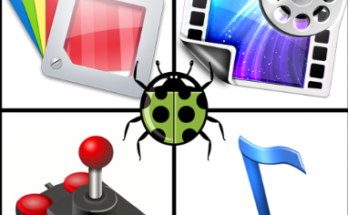Brice was one of the 10 finalists at the 2013 edition of Nokia Don’t Break Da Beat Rap competition organized in partnership with Trace TV
On Sunday, August 16, 2020, 24-year-old Nigerian rapper, Adefemi ‘Miekharry’ Brice was shot dead in Columbus, Ohio. He had been found fighting for his life before he finally gave up the ghost on Sunday.


Brice, who was one of the 10 finalists at the 2013 edition of Nokia Don’t Break Da Beat Rap competition organized in partnership with Trace TV also lost his brother, James-Michael Brice on April 29, 2014, in Columbus at 21.
⇒Join us on Telegram for more Sure and Accurate football-winning tips every day...click here
According to Fox, Brice’s murder is the 88th homicide in Columbus in 2020. Columbus Police reports that a passerby had found Brice suffering from a gunshot wound in a gold-colored car in the 2700 block of Cleveland Avenue near Melrose Avenue around 10 a.m., and called the police.
Sabi Brice, the deceased’s sister has since taken to Facebook to report that, “My little brother is gone, I hate life, there’s no reason for me to live. My heart is so broken right now. Miekharry Brice, I literally don’t have nobody no more.”
She continues, “As much as this hurts and so sad to say, We’re having this sad and special candlelight for my beloved baby brother Miekharry Brice tomorrow at Barnett park 6:30 pm. Just come show your respects for this young respectable man.”




